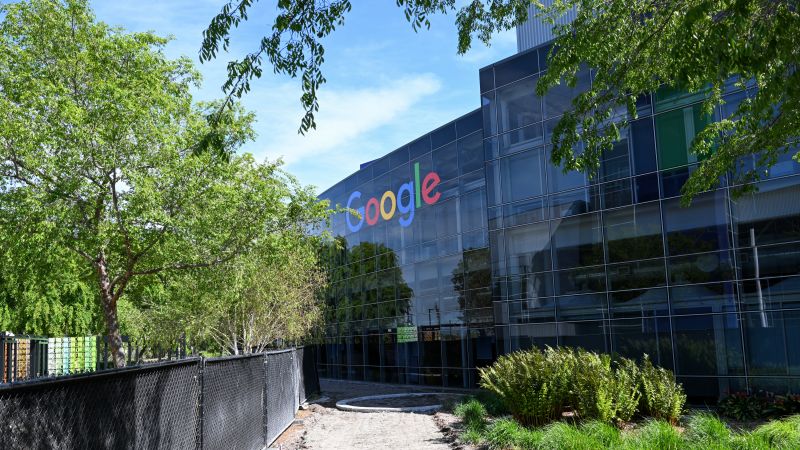Google reached a groundbreaking agreement with California lawmakers to allocate funds to newsrooms in the state and avert proposed legislation that would have obligated technology giants to pay news organizations for content distribution. The deal involves a commitment of $250 million over five years, with the majority earmarked for California newsrooms, as well as the launch of an artificial intelligence accelerator aimed at supporting journalists. The agreement effectively ends the California Journalism Preservation Act, a bill introduced by state assemblymember Buffy Wicks, which sought to mandate payments from tech companies like Google and Meta to news companies for content distribution online.
Wicks expressed the importance of upholding the essential role of journalism in democracy, stating that the partnership with Google represents a commitment to sustaining a free and vibrant press in California. Governor Gavin Newsom lauded the deal as a significant advancement in ensuring the viability of newsrooms and enhancing local journalism without imposing new taxes. The decline of news publishers, marked by substantial job losses and closures due to the shifting landscape of advertising and audiences, has underscored the urgent need for interventions to support the industry’s sustainability.
Despite the positive reception from news publishers and tech entities, the deal faced vehement criticism from journalist unions in California, who deemed it “disastrous” and objected to the lack of transparency in the negotiation process. The California News Publishers Association, Google’s parent company, and OpenAI supported the agreement, while unions representing journalists denounced the arrangement, citing concerns about the future of journalism being decided through closed-door deals. The tension between industry stakeholders underscores the complexities inherent in finding solutions to sustain journalism and navigate the challenges posed by technological advancements.
The deal also drew opposition from Democratic lawmakers in the California legislature, including State Senator Steve Glazer, who raised concerns about insufficient resources allocated to support independent news gathering and revitalize journalism in the state. Senate President Pro Tempore Mike McGuire echoed these sentiments, emphasizing the impact of newsroom cutbacks against the backdrop of tech platforms’ soaring profits. The clash between proponents and critics of the deal reflects divergent perspectives on the adequacy of the proposed measures to address the long-standing issues facing the news industry.
The agreement between Google and California comes following a period of tension, during which Google withheld news content in response to Wicks’ proposed legislation, prompting outcry from local news outlets. The News/Media Alliance intervened by requesting investigations into Google’s actions, questioning the legality of limiting access to news content. This standoff mirrors similar disputes in Canada, where Google initially resisted a law mandating compensation for news publishers but eventually relented and agreed to financial contributions. The outcomes in California and Canada underscore the complex dynamics at play between technology platforms and news organizations seeking fair compensation for their work.
As the debate over the Google-California agreement continues, it highlights the evolving landscape of journalism in the digital age, marked by unprecedented challenges and opportunities. The clash between industry stakeholders, policymakers, and tech entities underscores the need for collaborative efforts to navigate the complexities of sustaining quality journalism and preserving press freedom. The implications of the agreement reach beyond California, with broader concerns about the power dynamics between tech giants and news publishers, signaling a pivotal moment for redefining the relationship between technology and journalism in the digital era.


